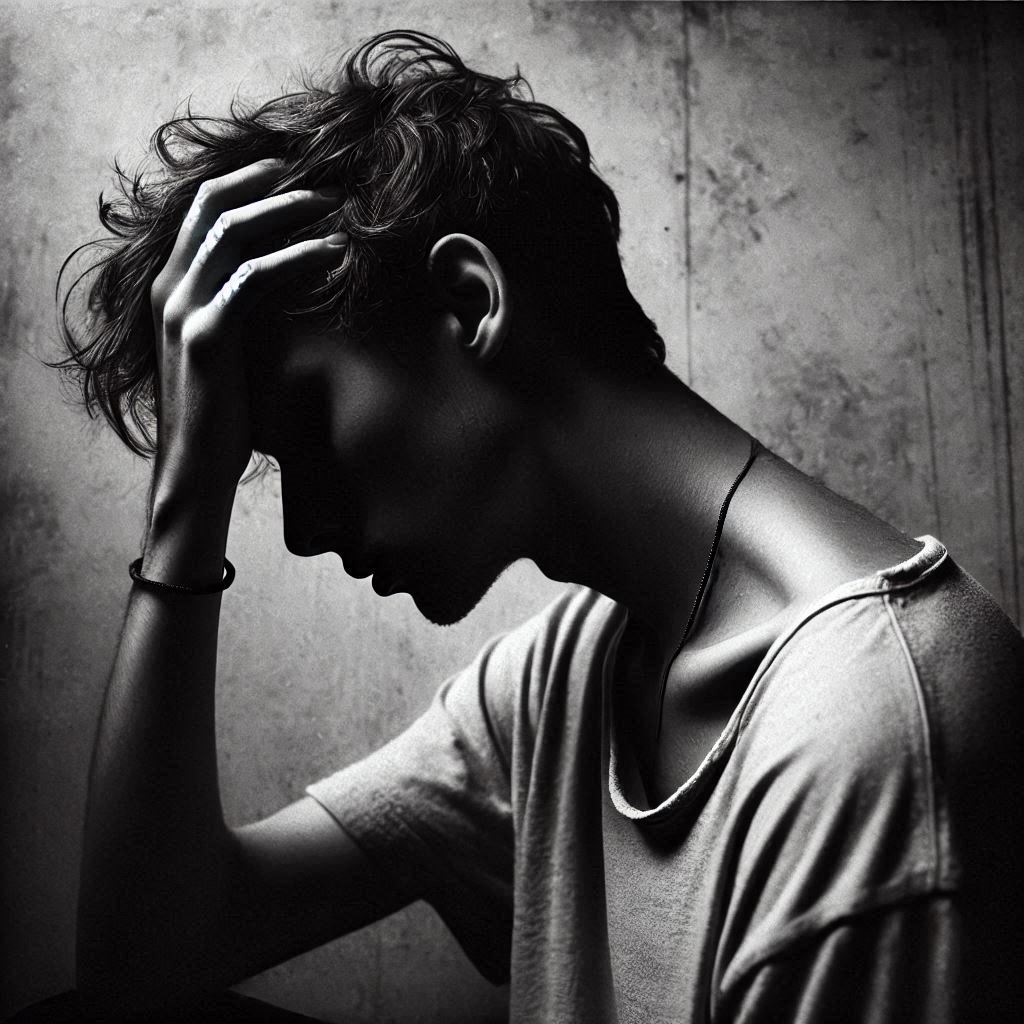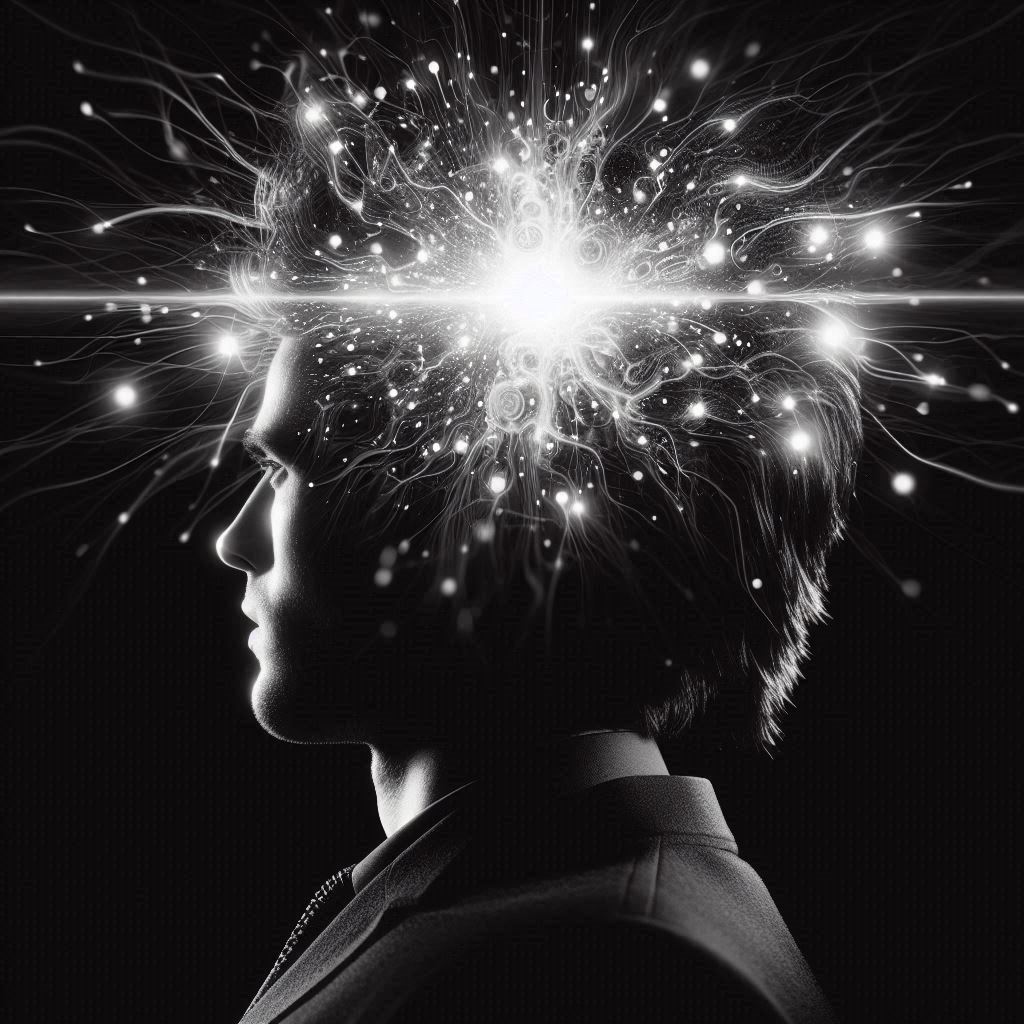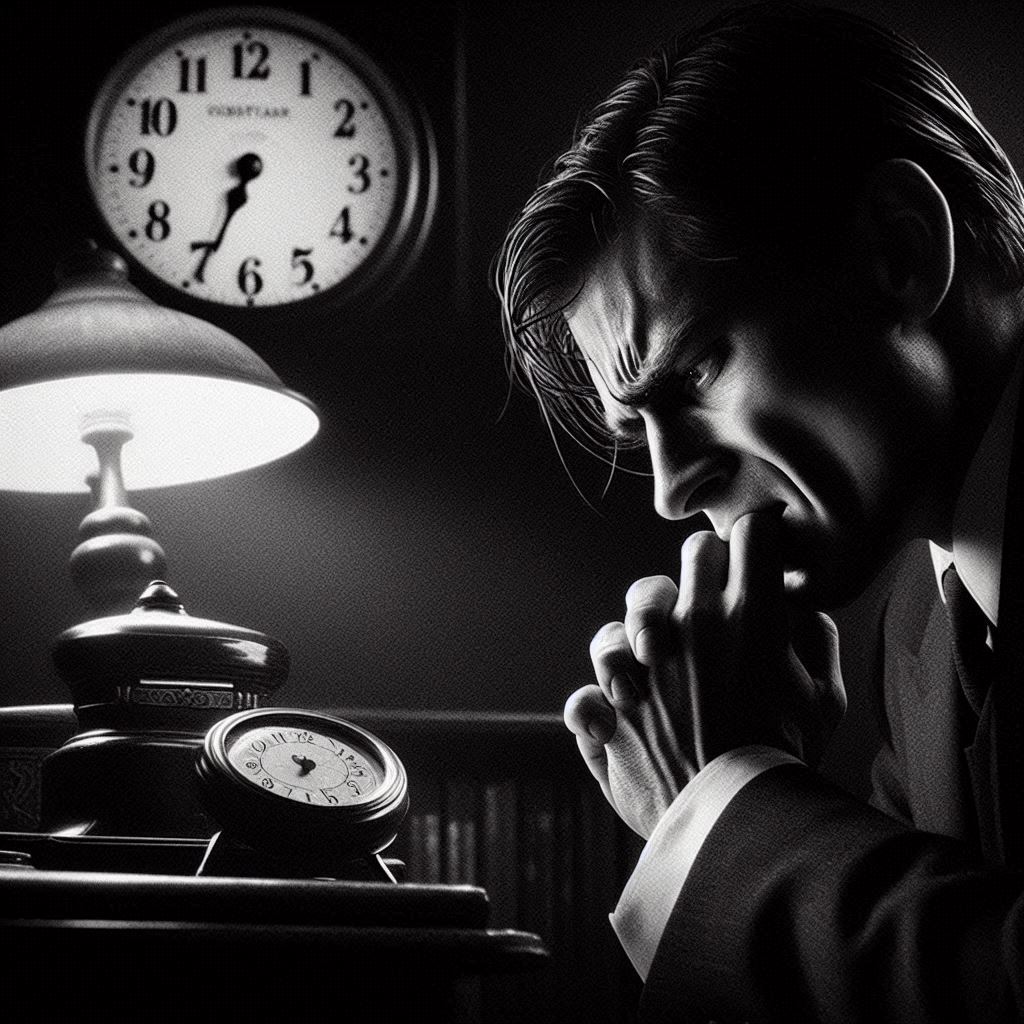Do your eyes sometimes feel strange when you’re anxious? You might be surprised to learn that anxiety doesn’t just mess with your mind; it can also mess with your vision. Many people have noticed that their eyes get blurry, can’t handle bright lights, or even see things that aren’t there during anxious moments.
This isn’t just in your head—research shows that anxiety can really affect your eye health in several ways. From making your eyes feel dry to messing with your vision, understanding this connection is crucial. We’ll explore common eye issues linked to anxiety, why they happen, and what you can do about them. Bringing clarity to this eye-opening problem could be the first step toward gaining control over your anxiety and your vision.
How Anxiety Affects the Body
Anxiety isn’t just a mental state; it affects your entire body. Understanding how anxiety translates into physical symptoms can help you manage it better. Let’s explore how your body reacts to anxiety and why you might notice its impact on your eyes.
The Fight or Flight Response
Whenever you feel anxious, your body kicks into a “fight or flight” mode. This is an ancient survival mechanism that helped our ancestors deal with danger. When you sense a threat, your brain sends signals to release adrenaline into your bloodstream. Adrenaline speeds up your heartbeat, boosts your energy, and sharpens your focus to deal with immediate danger.
But it’s not just your heart and muscles getting fired up:
- Eyes: Adrenaline widens your pupils to let in more light, helping you see better in the dark. But too much light can make things appear blurry.
- Digestion: Blood flow shifts away from your stomach, leading to a “butterflies in the stomach” feeling.
- Respiratory System: You may breathe faster, feeling like you’re gulping for air.
These changes prep your body to either fight the danger or run from it. But in modern life, these “dangers” are often work stress or social anxiety, not real physical threats. This can leave you feeling constantly on edge, affecting various parts of your body, including your eyes.
Visual Symptoms Associated with Anxiety
You’ve probably noticed your eyes behaving oddly when you’re anxious. Here are some common visual symptoms that many people experience during anxious episodes:
- Blurry Vision: As adrenaline floods your system, the blood flow and pressure in your eyes change, leading to blurry vision.
- Tunnel Vision: Your focus narrows to concentrate on the threat, causing peripheral vision to diminish. It’s like looking through a tunnel.
- Light Sensitivity: Increased pupil dilation makes you more sensitive to light. Ever notice how bright lights seem harsher when you’re stressed?
- Eye Strain and Tension: Anxiety can make you squint or stare, leading to strained muscles around the eyes. This might cause headaches or a feeling of tension in your eyes.
- Dry or Watery Eyes: Some people experience dry eyes because anxiety can reduce tear production. Others might have excessively watery eyes as the body overcompensates.
These symptoms can be scary, but they’re usually temporary. By recognizing them, you can take steps to manage your anxiety and reduce its impact on your eyes.
Common Eye Symptoms Linked to Anxiety
Experiencing anxiety can be overwhelming and may impact various parts of the body, including the eyes. Anxiety can lead to several visual symptoms that many people aren’t aware of. Here are some common eye symptoms connected to anxiety:
Blurry Vision
Anxiety can cause the pupils to dilate, which leads to blurry vision. When you are anxious, your body releases adrenaline. This adrenaline rush can put pressure on your eyes, making them work harder and causing blurred vision. It’s like trying to see through a foggy window — everything becomes less clear and sharp.
Dry Eyes
Dry eyes are another common symptom of anxiety. When anxious, you might not blink as often, which can reduce the moisture in your eyes. This lack of moisture can make your eyes feel gritty or burning. Treatment often includes using artificial tears or taking breaks to rest your eyes if you’re staring at screens for a long time.
Possible Treatments for Dry Eyes:
- Artificial Tears: Over-the-counter eye drops can help keep your eyes lubricated.
- Frequent Breaks: Follow the 20-20-20 rule—every 20 minutes, look at something 20 feet away for at least 20 seconds.
- Humidifiers: Using a humidifier at home can add moisture to the air, which helps keep your eyes from drying out.
Sensitivity to Light
Sensitivity to bright lights can also be a symptom of anxiety. When you’re feeling anxious, your body is in a heightened state of awareness. This can make your eyes more sensitive to light, which might cause discomfort and even headaches. Wearing sunglasses and reducing screen brightness can offer some relief.
Other Visual Distortions
Anxiety can sometimes cause less common visual distortions like double vision and tunnel vision. Double vision is when you see two images of a single object. Tunnel vision makes it seem like you’re looking through a narrow tube, limiting your peripheral vision. These distortions can be scary, but managing your anxiety can often help reduce them.
Understanding how anxiety impacts your vision can help you manage these symptoms better. If you find these symptoms persistent or overwhelming, consider talking to a healthcare professional.
Psychological Impact of Visual Symptoms
Experiencing visual symptoms due to anxiety isn’t just about seeing things differently; it’s a challenge that can deeply impact your mental and emotional well-being. Here we explore how this interplay affects everyday life and escalates existing issues.
Fear of Vision Loss
The fear of losing vision can be intense. When you’re worried that your eyes aren’t working right, it’s easy to jump to worst-case scenarios. This fear can amplify symptoms bringing more stress to the body.
- Escalating Symptoms: Imagine if every time you felt a little dizzy or blurry-eyed, you thought you might go blind. This kind of fear can make you hyper-aware of any changes, making symptoms seem more frequent or severe than they are.
- Vicious Cycle of Anxiety: The more you worry about your vision, the more stressed you get. And the more stressed you get, the worse your vision might feel. It’s a tough cycle to break.
Impact on Daily Life
Anxiety-related visual symptoms don’t just stay in your head; they spill over into your daily life. These symptoms can make everyday tasks harder and overall life feel less enjoyable.
- Daily Tasks: Reading a book, driving, or even watching TV can become difficult. You might find yourself avoiding activities you used to enjoy because they seem too hard now.
- Quality of Life: The constant fear and difficulty seeing clearly can make you feel stuck. You might miss out on social events or withdraw from friends and family, making you feel isolated.
If this sounds like you, know you’re not alone. Many people experience these issues, and understanding them is the first step to finding solutions.
Management Strategies for Eye Symptoms Caused by Anxiety
Experiencing eye symptoms due to anxiety can be unsettling. However, there are several effective ways to manage and reduce these symptoms. From simple relaxation techniques to seeking professional help, addressing the underlying anxiety can help improve your eye health.
Relaxation Techniques
Relaxation techniques can significantly reduce anxiety and its impact on your eyes. Here are some methods you can try:
- Deep Breathing: Find a quiet place to sit comfortably. Close your eyes and focus on your breathing. Slowly inhale through your nose, hold for a few seconds, and then exhale through your mouth. Repeat this process for several minutes.
- Meditation: Meditation can calm your mind and make you feel more centered. Sit in a comfortable position, close your eyes, and clear your mind. Focus on your breath or a mantra to help you relax.
- Yoga: Yoga combines physical postures, breathing exercises, and meditation, making it a powerful way to reduce stress. Popular poses like Child’s Pose or Savasana can promote relaxation and help your eye muscles unwind.
Consultation with Eye Care Professionals
If you continue experiencing eye problems, it’s essential to seek professional help. Eye care professionals can provide valuable insights and treatment options:
- Eye Exams: A comprehensive eye exam can rule out any underlying eye conditions that might be exacerbating your symptoms.
- Specialist Referrals: In some cases, your eye care provider may recommend seeing a mental health professional if anxiety is significantly impacting your eye health.
Therapeutic Approaches
Therapies can be highly effective in managing anxiety and any related eye symptoms:
- Cognitive-Behavioral Therapy (CBT): CBT focuses on changing negative thought patterns that contribute to anxiety. It’s a proven method for reducing anxiety and its physical symptoms.
- Eye-Focused Therapies: Techniques such as progressive muscle relaxation, which targets tension around the eyes, can be beneficial.
- Other Therapeutic Options: Methods like acupuncture, biofeedback, or mindfulness-based stress reduction (MBSR) can also provide relief.
By incorporating these strategies and seeking professional help when needed, you can better manage the eye symptoms associated with anxiety and improve your overall well-being.
Conclusion
Anxiety doesn’t just mess with your head. It takes a toll on your eyes too. Who knew that stress could mess with your vision, right?
Blurry vision. Dry eyes. Light sensitivity. These aren’t just coincidences—they’re your body’s response to stress. Elevated adrenaline levels can play games with your eyes, making simple tasks harder.
Understanding this connection is crucial. It’s not just about managing anxiety; it’s about protecting your vision. So, pay attention to what your body—and your eyes—are telling you.
Anxiety doesn’t just live in your mind. It shows up in ways you might not expect. Look after your mental health, and you’ll be caring for your eyes too. Simple as that.








